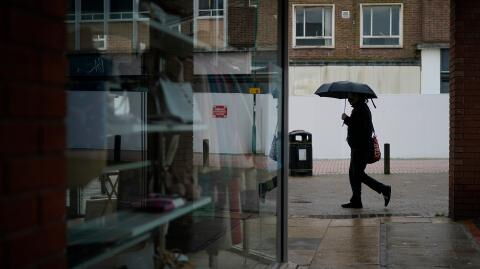It looks innocuously simple to pronounce, but barely weeks after being identified, the new Covid-19 variant made it on the list of most mispronounced words for the year 2021.
Discover our latest podcast
Omi - what?
The list was compiled after a survey conducted by language learning app, Babbel, on behalf of the US Captioning Company, which provides subtitles for live events on TV and in courtrooms.
It identified which words and names were the most tricky for newsreaders and people on TV to pronounce this year. It includes the new coronavirus variant, named after the Greek letter O, which is pronounced ‘OH-mee-kraan’ or ‘AH-muh-kraan’ for British and American speakers respectively.
The list also featured the last name of singer Billie Eilish. Many newsreaders found it tricky pronouncing Eilish, which is said like ‘EYE-lish’.
Others
Some other words and names that made the list in 2021include:
Cheugy (CHOO-gee): a slang term popularized by Gen Z to describe, and mock, anything seen as uncool or unfashionable.
Glasgow (GLAHZ-go) - This was a difficult one for both Joe Biden and Barack Obama when they attended the city hosted the COP26 climate conference this year.
Yassify (YEAH-sih-fai) - a popular beauty trend where digital beauty filters are applied to well-known pictures or portraits for a comedic effect.
Stefanos Tsitsipas (STEH-fuh-nohs TSEE-tsee-pas) - Currently ranked as the world’s number four tennis player, the Greek athlete that rose to international prominence after he lost to Novak Djokovic in the final French Open in June.
Borrowed Words
Last year's list has the surname of US infectious disease expert Anthony Fauci (FOW-chee), and the first name of US Vice-President Kamala Harris (CAW-ma-la).
Esteban Touma, a Babbel Live teacher, believes one reason for the mispronunciations is that many of the words aren't English:
As a language teacher it's always interesting to see that some of these terms are usually new colloquialisms, or are rooted or borrowed from another language. And as a non-native speaker, I must confess it's fun to see English speakers stumbling a bit for a change.















